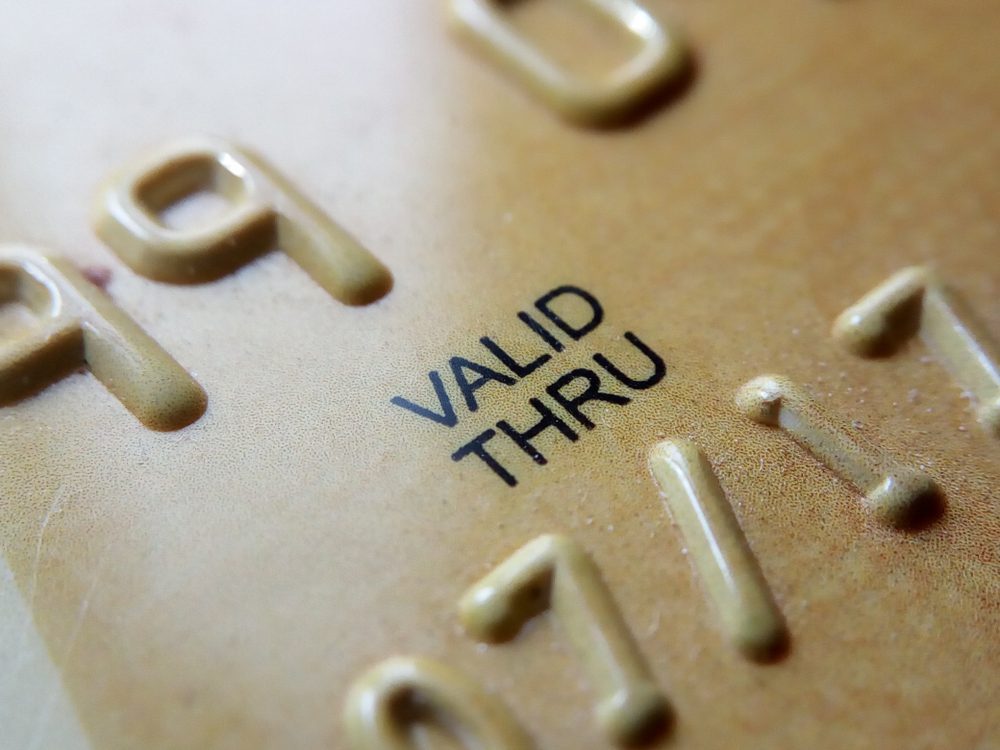Advertiser Disclosure: Many of the companies featured here provide compensation to us. This is how we maintain our free service for consumers. Compensation, along with hours of in-depth editorial research, determines where & how companies appear below.
In summary, settling a debt relieves you of the burden of overwhelming debt. You may be able to save money if you settle for a percentage of your debt, which many creditors and debt collectors are willing to accept. You should be aware that debt settlement has its drawbacks, including its effect on your credit score and taxes.
Consider settling your debt if you cannot afford to repay it. The settlement involves paying a portion of the amount owed in exchange for the creditor wiping your account clean. Creditors may agree to a settlement if they don’t believe you can fully repay them.
If a person is unable to make minimum payments on a debt or whose debt is in collections, settling a debt may be advantageous for them. Without having to file for bankruptcy, you will be free from further collection activity against you.
Does Unpaid Debt Have A Life Cycle?

An individual’s debt life cycle begins with a debt that they are unable to repay in full. As a general rule, your creditor will try to convince you to repay the debt following your original agreement. If you fail to make any payment arrangements after a certain period – usually three to nine months – your creditor will charge your account.
In the event of a charge-off, a creditor has given up hope that a debt will be repaid. This is a derogatory entry on your credit report that can have a significant negative impact on your score.
After a charge-off, the account will be placed in collections. A creditor may use an in-house collection team or contract with a debt collector to collect overdue accounts.
The process of negotiating a debt settlement becomes easier once your account is placed into collection. Collection agencies know that they may not be able to collect the full amount of the debt and that further collections will not be worthwhile.
Debt collection typically begins with the creditors extending a payment arrangement or settlement proposal. Accompanying this offer is often a letter outlining the details of what you owe and presenting several payment options that are available to you.
Before engaging in further communication with a debt collector you are unfamiliar with, you should ask them to validate your debt. This can be accomplished by sending a letter of debt validation.
You should ask them to include the following specific information in their validation letter:
- Debt confirmation and current amount owed
- Documents proving ownership of the debt, such as signed contracts
- Validation of the statute of limitations for the debt
- Make sure they are a licensed debt collector in your state
- Proof that the debt has been transferred from your original creditor to you
If a debt collector provides you with the necessary information to validate the debt, you may decide whether to settle the debt or set up a payment arrangement.
Collection agencies that do not respond to these letters are likely to lack the information necessary to validate the debt. If they report any adverse information to the credit reporting bureaus, you can ask them to delete it.
Do I Have To Pay A Validated Debt?

The payment of the overdue, validated debt in full has several advantages. In this manner, you will be able to move on from a difficult situation without fear of further collection activity.
There will be no further phone calls from a debt collector regarding the obligation. Additionally, your creditor will report that the debt has been paid in full.
If you pay the debt, you will no longer have outstanding collections on your credit report, even if it entered collections. Credit scores will improve over time as your debt-to-income ratio declines.
Having your debts paid in full increases your chances of obtaining credit in the future. There is less reason for a lender to deny credit if you do not have any outstanding debts.
Even though paid collections remain on your credit report for up to seven years, some newer credit score models do not take them into account when calculating your credit score. As time passes, the impact of the account will diminish if the credit score model includes it when calculating your credit score.
The Advantages Of Settling A Validated Debt

Whenever you are unable to repay a validated debt, it is best to settle it. While the settlement of debt will not have the same positive impact on your credit score as paying it off, it does prevent further collection activity. There is no need to worry about being sued for your debt. You will also stop receiving harassing phone calls, emails, and letters.
To settle a debt, you agree to pay a portion of its total value. Depending on the debt collector and creditor, you may be able to settle for as little as 30% of the debt. It is more likely that debts will be settled for 50% to 60% of their original value.
To settle the debt and halt further collection efforts, you will typically need to make a lump-sum payment. In some cases, collection agencies will allow you to stagger payments over several months if you are unable to make the full payment at once.
It is best to set up payment arrangements if you do not have the money to settle a debt. In this way, you will be able to save toward a settlement while avoiding potential legal action. If you remain compliant with your payment arrangement, debt collectors will not contact you, and you will not receive a summons for a lawsuit.
Does It Hurt My Credit To Settle A Validated Debt?
The debt collector or creditor will report your account as settled or partially paid once you settle a debt. Your account will no longer be reported negatively to the credit bureaus. There may not be much change to your credit score immediately, but it will increase over time.
Your credit score will eventually improve if you remain on top of your other credit obligations. It is not uncommon for some individuals to see double-digit increases in their credit scores within six months, especially if they pay their debts by their agreements and eliminate any other obligations that are currently in collections.
Do Payment Arrangements For Collections Accounts Improve Credit Scores?

If you cannot afford to repay or settle a debt in collections in full, you can set up a payment arrangement. Since you will still have an open collection account on your credit report, a payment arrangement will not improve your credit score. Despite this, the debt collector may not file a lawsuit against you as a result of this arrangement.
Make sure you adhere to your payment arrangement if you have one. During this period, you should make every effort to save sufficient funds to settle the debt or to repay it in full.
Yes, You Will Be Taxed On Debt Settlement
Be aware: the IRS views a canceled debt as taxable income. Therefore, when agreeing to a reduced payment on your debt and paying less than the original sum, the difference must be added to your income for tax purposes at the end of the fiscal year.
In other words, if you settle your debt this year, you may end up owing more in taxes to the IRS the following year. As a result, debt settlement is still worthwhile, particularly if you are drowning in debt and want to start over.
Three Steps To Settle A Debt
Consider settling your debt yourself after you have weighed the pros and cons of doing so. The following three steps can be followed to settle a debt:
- Respond to any pending lawsuits related to debts.
- Send an offer based on the amount you can afford to pay.
- Make sure that the debt settlement terms are in writing once an agreement has been reached.




